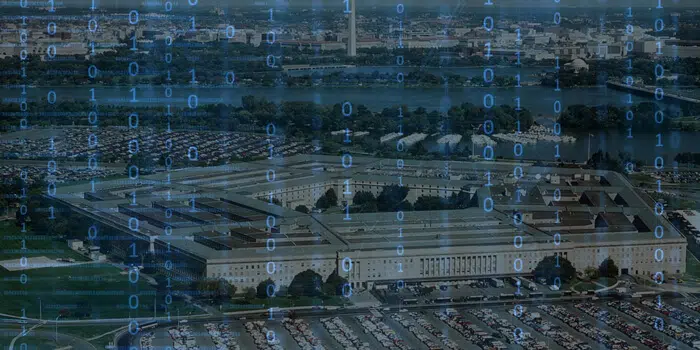Have contractors implemented the NIST 800-171 controls? DOD Inspector General (IG) audit suggests not, recommends third-party audits. Are you ready?
A recent audit conducted in response to a request from the Secretary of Defense determined that DOD contractors did not consistently implement DOD‑mandated system security controls for safeguarding Defense information. Specifically, Defense Federal Acquisition Regulation Supplement (DFARS) clause 252.204-7012 requires contractors that maintain Controlled Unclassified Information (CUI) to implement security controls specified in National Institute of Standards and Technology (NIST) Special Publication (SP) 800-171, which lists security requirements for safeguarding sensitive information on non-Federal information systems. The requirements include controls for user authentication, user access, media protection, incident response, vulnerability management, and confidentiality of information.








